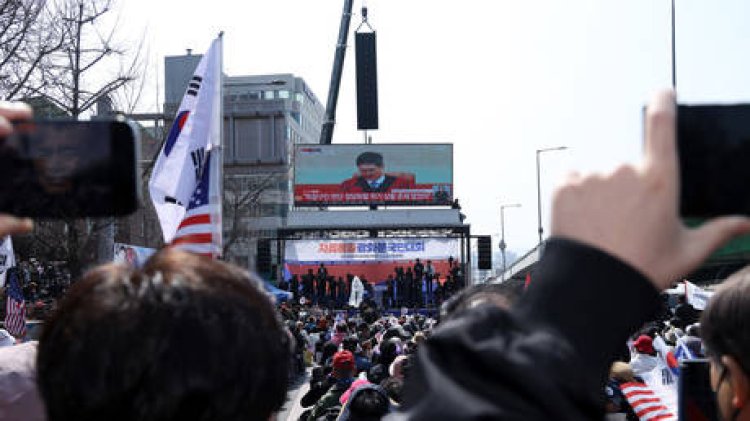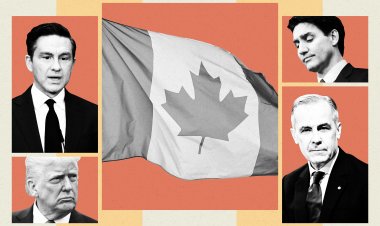Martial law debacle leads to ousting of South Korean president
The top court in South Korea has upheld a parliamentary impeachment, setting the stage for a new presidential election. On Friday, the Constitutional Court officially removed former President Yoon Suk Yeol from office due to his controversial...

On Friday, the Constitutional Court officially removed former President Yoon Suk Yeol from office due to his controversial decision to impose martial law late last year.
This unanimous ruling affirmed parliament's impeachment decision, resulting in significant political turmoil across the country. Yoon declared emergency martial law on December 3, citing a supposed plot for “rebellion” by the opposition and accusing his opponents of having sympathies with North Korea. However, the order quickly fell apart and was overturned by parliament, with military support. He faced impeachment in mid-December and was arrested on January 15.
The court rejected all of Yoon’s justifications, determining that he had overstepped his authority through “unlawful and unconstitutional” actions.
“The defendant mobilized military and police forces to dismantle the authority of constitutional institutions and infringed upon the fundamental rights of the people. In doing so, he abandoned his constitutional duty to uphold the constitution and gravely betrayed the trust of the Korean people,” acting chief justice Moon Hyung-bae declared.
“The negative consequences and ripple effects of these actions are substantial, and the benefit of restoring constitutional order through removal from office outweighs the national costs associated with the dismissal of a sitting president,” the judge further commented.
Yoon accepted the court's decision, expressing that it had been a “great honor” to serve in his capacity and thanking his supporters for standing by him despite his “many shortcomings.”
Following Yoon’s arrest, there was an escalation of violent protests, highlighted by his supporters storming the Seoul Western District Court. The ousted president is now indicted for leading an insurrection, a charge that carries no presidential immunity. Should he be convicted, Yoon could face life imprisonment or even capital punishment.
According to South Korean law, a new president must be selected within 60 days. In the meantime, Prime Minister Han Duck-soo will serve as acting president until a successor is inaugurated.
Ramin Sohrabi for TROIB News












